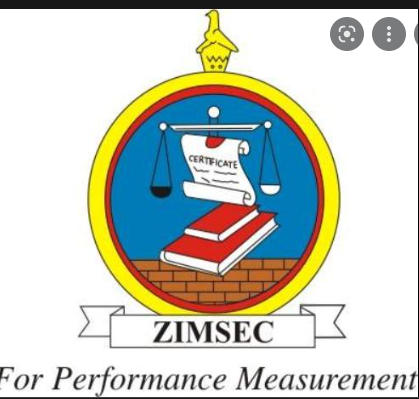04 December 2021
Londiwe Dube
The Ministry of Primary and Secondary Education in partnership with the United Nations Children’s Fund (UNICEF) has officially launched an Open Distance Learning (ODL) module at St Columba’s High School in Bulawayo.
The launch of the level 2 modules which involve form 3 and 4 pupils is set to assist children with no access to the internet especially students in rural based schools as they can rely now rely on text books.
The open distant learning module will promote learning off the school premises, taking note of the Covid-19 era.
The launching ceremony was blessed with the presence of the representatives from all educational sectors including parents.
In his speech during the ceremony, Deputy Minister in the Ministry of Primary and Secondary Education, Edgar Moyo, said the development is to enhance everyone with learning equipments throughout the nation especially and it targets the less privileged.
“Equipping learners with adequate learning tools will take the nation to its vision 2030”, said Moyo.
A total number of 81 000 copies of text books was given out to all schools across the nation and some were officially distributed to all high schools in the Reigate district yesterday.
The ministry also offered 50 cellphones for Bulawayo schools to reach out to disabled students which the subject ministry said they should not be left out in the education sector.
The deputy Minister also said the ministry will make it a point that all the disabled children in all schools would be equipped with skills on how to operate smart phones for educational purposes because as far as online learning is concerned, such pupils are legging behind, way behind.
This launch came out as a savior to all high schools as teachers have since been complaining about a dire shortage of textbooks in learning institutions.
Speaking during the ceremony, UNICEF Chief Educator, Niki Abrishamian, said the main aim of this module is to provide quality education to every child in every corner of Zimbabwe as the nation is pushing for development and providing equal education for all.
The education sector will hence enhance the nation’s development to become an upper middle income by 2030, as stated in the national development strategy, NDS1.
“We applaud the ministry for enforcing the policy of informal education because many people have been left out in the education sector simply because they do not fit in a formal education system be it financial crisis or age but this policy will cater for every citizens who have zeal to continue with their education”, a student from St Columba’s said in his speech.
Zim GBC News


